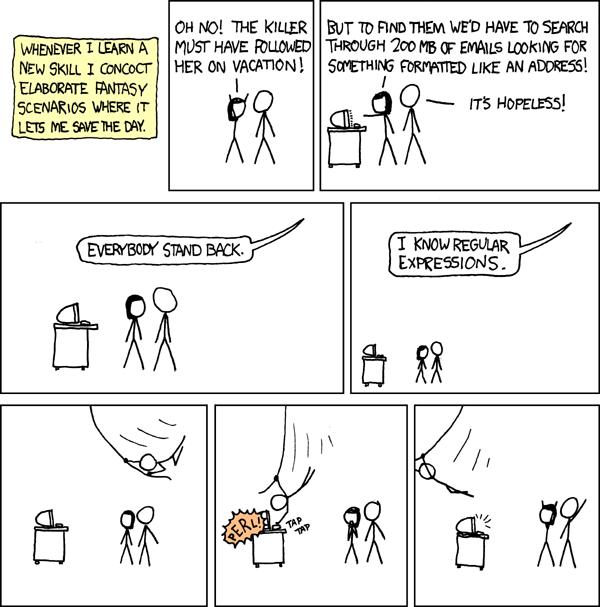Laurentius
Member
Going back to University for Discrete Math, Computer Graphics and Databases Management Systems.
It's nice to be on a campus again. Driving back and forth to work and meeting with the same people every day to build the same thing over and over and over again was killing me. I am so thankful to be meeting different people and doing new things again.
Yeah, I agree, it's a really nice change of pace to be going to school coming from just working a lot.
I'm also in Discrete Math right. How are you liking it so far? My professor seems pretty great, and the class seems fairly interesting so far. Definitely feels like it's going to be much more applicable to CS for me than Calc I and II were. (By the way, I can't tell you how happy I am to be done with Calc classes forever. I managed to get through Calc I and II with C's, so I didn't do a great job, but I'm happy I'm done.)
Also, I feel like I've learned more in my first week of Operating Systems then I did during an entire semester of Computer Architecture last semester. 0.0

